Radiation-induced esophagitis occurs when radiation therapy inflames and damages the esophageal lining, leading to symptoms such as painful swallowing, chest pain, and indigestion. In severe cases, it can lead to dehydration, malnutrition, and systemic weakness, potentially disrupting a patient’s ability to continue treatment. The condition is a significant challenge for those receiving radiation for thoracic malignancies, where the esophagus is often exposed to collateral damage.
The research, led by Dr. Jae Joon Ha, a Korean medicine doctor at Jaseng Hospital’s Spine and Joint Research Institute, analyzed data from 7,283 patients with RIE. The study compared outcomes between two groups: one treated with herbal medicines and another with standard Western treatments, such as analgesics and mucosal protectants. The herbal treatment group took a formulation including raw Rehmannia root (Rehmannia glutinosa), Ophiopogon root (Ophiopogon japonicus), and licorice (Glycyrrhiza glabra), which are commonly used in Korean traditional medicine for their anti-inflammatory and tissue-regenerating properties.

The results were striking. The herbal medicine group showed a 29% higher prevention rate for RIE compared to the control group, as well as a 29% higher recovery rate. Researchers attributed these benefits to the pharmacological effects of the herbal compounds, which appear to promote esophageal mucosal regeneration and modulate inflammatory responses. Notably, no significant adverse effects were reported in the herbal treatment group, underscoring the safety of this approach.
The study adds to a growing body of evidence supporting the role of integrative medicine in oncology. As cancer treatment protocols increasingly emphasize patient-centered care, approaches such as Korean herbal medicine may provide complementary strategies to manage debilitating complications, potentially improving treatment adherence and outcomes.
Lim Hye Jung, HEALTH IN NEWS TEAM
press@hinews.co.kr





